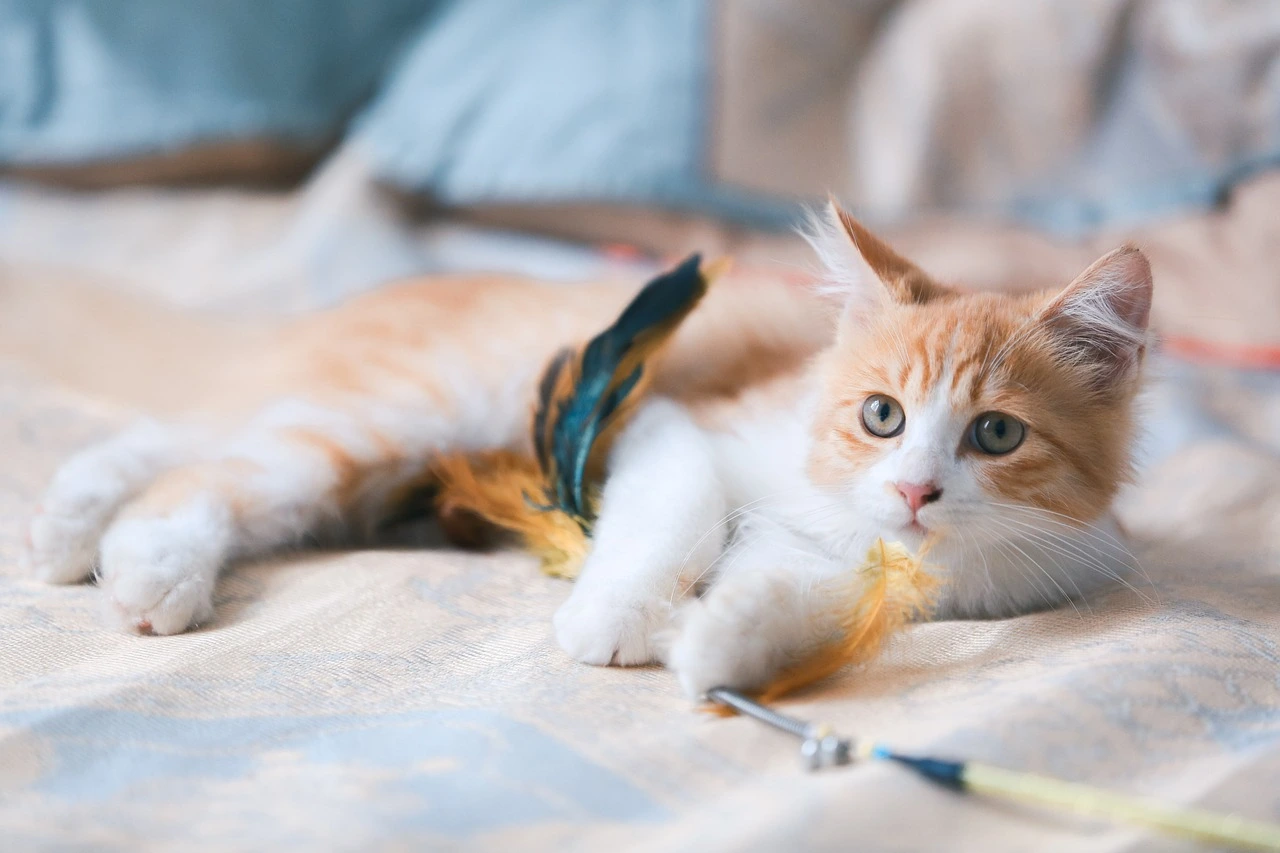Orange Cat Behavior: Have you ever noticed how orange cats seem to have an undeniable charm? Whether they’re lounging in a sunbeam or meowing for attention, these feline friends seem to have personalities as vibrant as their fur. You might wonder, What is it about orange cats that makes them so unique? Their behavior is often a mix of affection, playfulness, and occasional mischief, leaving cat lovers curious about the traits that make these fiery felines stand out. In this article, we’ll explore everything you need to know about orange cat behavior, backed by real-life anecdotes, relatable insights, and actionable tips.
Table of Contents
- What is Orange Cat Behavior?
- Personality Traits of Orange Cats
- Are Orange Cats More Affectionate?
- Do Male Orange Cats Behave Differently?
- Tips for Managing Orange Cat Behavior
- FAQs
- Conclusion
What is Orange Cat Behavior?
Orange cats, often called ginger cats or marmalade cats, have long been associated with unique and quirky behavior. They are known for their outgoing personalities, affectionate nature, and occasional bouts of mischief. Interestingly, most orange cats are male due to genetics, which may influence some of their distinct traits.
But let’s not jump to conclusions—orange cats, like all felines, have their own individual personalities. Some are lap-loving cuddle bugs, while others are curious explorers. Their behavior often combines typical cat behavior with an extra dash of boldness.
Personality Traits of Orange Cats
Orange cats have a reputation for being lovable and unique. While each cat is different, here are some common traits often observed in orange cats:
1. Affectionate and Social
Orange cats are often described as “people cats.” They love attention and aren’t shy about asking for it. If you’ve ever had an orange cat sit on your laptop while you’re working, you know exactly what we mean.
Fun Fact: A study published in Anthrozoös found that orange cats are more likely to approach humans than other coat colors. Coincidence? Maybe not.
2. Playful and Adventurous
Does your orange cat dive into every cardboard box or leap onto counters as if they’re Mount Everest? Their curious and adventurous nature often leads them to explore every nook and cranny of your home.
3. Mischievous Tendencies
While their playfulness is endearing, it can sometimes veer into mischief. From swatting pens off the table to “borrowing” socks, orange cats love to keep life interesting.
Are Orange Cats More Affectionate?
You’ve probably heard the stereotype that orange cats are more affectionate than others. While science hasn’t definitively proven this, many cat owners would swear it’s true. Anecdotal evidence suggests that orange cats are quick to form bonds with their human companions and often seek out cuddles.
Do Male Orange Cats Behave Differently?
Since about 80% of orange cats are male, it’s worth exploring whether gender influences their behavior. Male orange cats are often described as more outgoing and confident, while female orange cats tend to be more reserved. However, this can vary widely depending on the individual cat.
Tips for Managing Orange Cat Behavior
While their lively personalities make orange cats a joy to have around, managing their quirks is key to a happy home. Here are some tips:
- Provide Plenty of Stimulation: Offer interactive toys and puzzles to channel their adventurous energy.
- Set Boundaries: Use positive reinforcement to discourage mischievous behavior, like jumping on counters.
- Ensure Social Interaction: Spend time playing and cuddling to meet their social needs. If your orange cat craves companionship, consider adopting a second cat for company.
FAQs
1. Why are most orange cats male?
The gene responsible for orange fur is linked to the X chromosome. Male cats (XY) need only one copy of the orange gene, while females (XX) need two, making male orange cats more common.
2. Are orange cats friendlier than other cats?
While it’s not scientifically proven, orange cats have a reputation for being more social and affectionate, likely due to a combination of genetics and anecdotal bias.
3. How can I stop my orange cat from being too mischievous?
Providing enough toys, playtime, and mental stimulation can help reduce mischievous behavior. Positive reinforcement and redirection are also effective strategies.
Conclusion
Orange cats bring a vibrant energy to any home. Their affectionate and adventurous nature, combined with their unmistakable charm, makes them a favorite among cat lovers. While their behavior can sometimes be mischievous, with a little patience and understanding, you can build a strong and loving bond with your orange feline friend.
Whether you’re already the proud owner of an orange cat or considering adopting one, one thing is certain: life with an orange cat is never dull. So, embrace the quirks and enjoy the endless love they bring into your life!






